Election 2015: Sturgeon says Scotland 'voted for change'
- Published
Nicola Sturgeon warns David Cameron that "it cannot be business as usual" following the election of 56 SNP MPs
SNP leader Nicola Sturgeon has warned David Cameron that it cannot be "business as usual" in Scotland after her party's historic election success.
Ms Sturgeon told BBC Scotland she had spoken to the prime minister after his Conservative Party secured an overall majority at Westminster.
She said Scotland had "voted for change" and her party's 56 MPs would ensure its voice was heard.
Mr Cameron has reiterated his pledge to devolve further powers to Scotland.
The SNP won all but three of Scotland's 59 general election seats, and is now the third largest party in the House of Commons.
Its landslide victory - which saw SNP candidates overturn huge majorities across the country - left Labour, the Liberal Democrats and Conservatives with just a single MP each in Scotland.
Among the big names to lose their seats to the SNP were Scottish Labour leader Jim Murphy, his Labour colleague Douglas Alexander, former Lib Dem chief secretary to the Treasury Danny Alexander and former Lib Dem leader Charles Kennedy.

How has Scotland's political map changed?
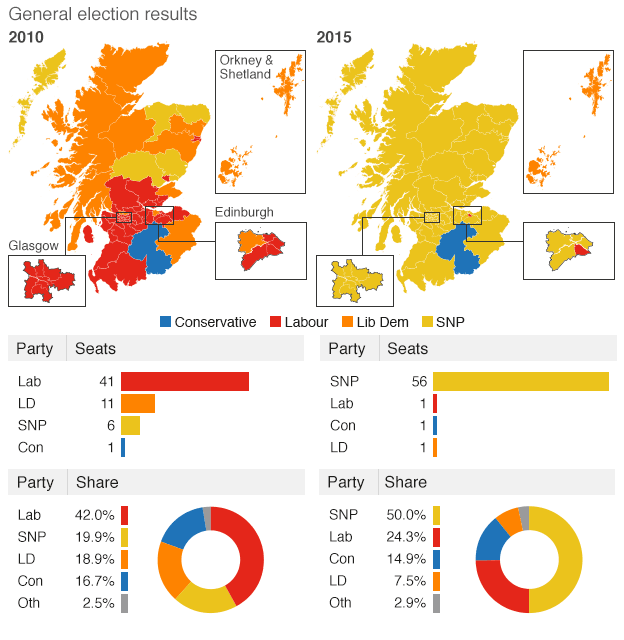

Mr Murphy has vowed to "fight on" as Scottish Labour leader, but is facing calls to follow his UK counterpart Ed Miliband in resigning in the wake of his party's disastrous performance, which has left Ian Murray in Edinburgh South as the party's sole MP in Scotland.
Ms Sturgeon travelled to London on Friday to attend VE Day commemorations alongside Mr Cameron and other political leaders.
She will return to Scotland ahead of meeting all 56 SNP MPs at an event in South Queensferry near Edinburgh on Saturday.
Speaking to the BBC's Reporting Scotland programme from outside the Palace of Westminster, Ms Sturgeon said she had spoken to the prime minister during a "short courtesy call".
Ms Sturgeon added: "I congratulated him. It's no secret I didn't want him to continue to be prime minister - but he won the election and I congratulated him and he congratulated the SNP on our success.
"I made it clear that his government cannot act as if it's business as usual in Scotland.
"Scotland voted for change, it voted to have its voice heard. Now I hope to meet with the prime minister in the not too distant future when we can discuss how we're going to take some of these issues forward.
"But there's no doubt the 56 MPs elected for the SNP will come here to Westminster to make Scotland's voice heard. But also to try to work with others to get some more progressive politics into this place".

Analysis by Brian Taylor, BBC Scotland political editor
In the aftermath of the referendum, folk in Scotland have been in a mindset which was focused upon the need for a clear Scottish voice.
That demand is inchoate and imprecise - in that it is not pegged directly or solely to a demand for particular devolved powers or a particular economic strategy.
It is, nevertheless, powerful and all-consuming. Perhaps all the more potent in that it is wide-ranging, rather than narrowly driven.
It is an aggregate feeling of remoteness from the concerns of a metropolitan elite, a feeling of physical and cultural distance from the Westminster centre of UK political life. A shout of anger, a yell of anguish, a demand to be heard.
And that feeling found expression through the SNP. Nicola Sturgeon is right. It tells us nothing about independence - other than the fact that the people of Scotland were not seemingly scared to endorse a party whose reason for being is to end the Union.

Ms Sturgeon stressed that the election had not been about a second referendum on independence, but that people in Scotland had "voted to end austerity and have their voice heard and I look forward to having discussions with him (Mr Cameron) in the weeks ahead".
Mr Cameron has insisted that his plan is to "create the strongest devolved government anywhere in the world" in Scotland.
He said this would include "important powers over taxation and no constitutional settlement will be complete if it did not offer also fairness to England."
Speaking in Downing Street, Mr Cameron said the Conservatives would "govern as a party of one nation".
The prime minister has so far not indicated he would be willing to go beyond the cross-party Smith Commission agreement on further devolution that was reached in the wake of Scottish voters rejecting independence in last September's referendum.
BBC Scotland's Andrew Kerr rounds-up the winners and losers in the general election in Scotland
Labour's leader in Scotland, Jim Murphy: ''We make no excuses''
But London mayor Boris Johnson - who is returning to the Commons as a Conservative MP after winning the Uxbridge and South Ruislip seat - is among those to have called for a fresh constitutional settlement.
Mr Johnson said: "There has to be some kind of federal offer. Everybody needs to take a deep breath and think about how we want the UK to progress.
"I think even most people in the SNP, probably in their heart of hearts, most people who voted SNP tonight, do not want to throw away absolutely everything."
Ed Miliband, who has resigned as UK Labour leader in the wake of the election defeat, said his party had been "overwhelmed" by a "surge of nationalism" in Scotland.
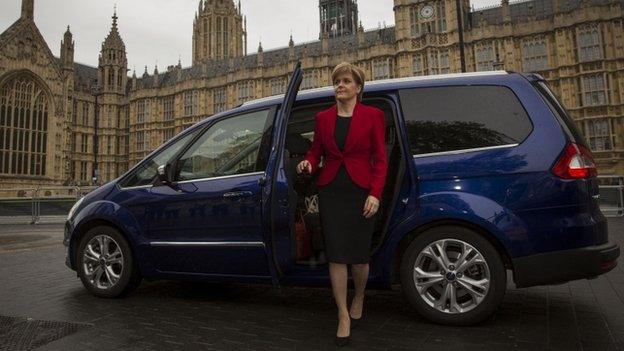
Ms Sturgeon travelled to London for VE Day commemorations
He added: "I also want to say that the next government has a huge responsibility in facing the difficult task in keeping our country together.
"Whatever party we come from, if we believe in the UK we should stand up for people in every part of our United Kingdom. Because I believe what unites us is much, much more than what divides us."
Liberal Democrat leader Nick Clegg also stood down after his party's disastrous showing across the UK. The Lib Dems lost 10 seats to the SNP in Scotland, with only Alistair Carmichael holding on in Orkney and Shetland.
Among the SNP's new MPs is former party leader Alex Salmond, who will be returning to the House of Commons after winning the Gordon constituency from the Liberal Democrats.
Mr Salmond told the BBC that the SNP could have a "profound influence" at Westminster despite the Conservatives forming a majority government.
He added: "A narrow majority with David Cameron is not a secure basis at all.
"I think his government will run into trouble, and then a determined, articulate group of members of parliament - like the 56 talented SNP MPs - can have a profound influence in parliament for the benefit of parliament certainly, but also for those who believe in progressive politics right across these islands."
The headlines of election night in Scotland were:
the SNP increased its number of seats from six to 56, Labour lost 40 and the Lib Dems lost 10
the SNP won a 50% share of the vote in Scotland, with Labour winning just 24.3%
the SNP won all seven seats in Glasgow with the country's biggest swing - 39.3% from Labour - in Glasgow North East;
the SNP also took every seat in Tayside, all six seats in the north east of Scotland, made huge gains in Edinburgh and Fife and wiped out the Lib Dems in the Highlands and Islands
the massive Labour losses included Scottish leader Jim Murphy who has vowed to fight on
the one Labour seat to be won in Scotland belonged to Ian Murray in Edinburgh South
the Scottish Conservatives hold their only seat in the south of Scotland
police probed possible allegations of fraudulent voting at three Scottish counts
The SNP won by 10,000 votes in Kirkcaldy and Cowdenbeath, which had previously been held by former UK Prime Minister Gordon Brown.
In East Renfrewshire, the SNP's Kirsten Oswald defeated Mr Murphy - who had been defending a majority of 10,400 - by 3,718 votes.
And Mhairi Black, who becomes the UK's youngest MP at the age of 20, overturned former shadow foreign secretary Douglas Alexander's majority of 16,600 in Paisley and Renfrewshire South to win by 5,684 votes - a swing of 27% from Labour to the SNP.
The SNP also gained Edinburgh South West, which had previously been held by Labour's former Chancellor Alistair Darling.
And Labour's former Shadow Scottish Secretary Margaret Curran was defeated by more than 10,000 votes by the SNP's Natalie McGarry in Glasgow East.

Analysis by James Cook, Scotland correspondent
David Cameron is back in Downing Street but at what price?
Has the Conservative prime minister sacrificed the union for another five years of power?
These are the questions many people are asking today after a party which fought for independence for 80 years swept to victory in Scotland.
The answer from the jubilant leader of the Scottish National Party, Nicola Sturgeon, is "no", this does not advance her cause.
She insisted that her MPs would speak for all of Scotland — not just for the 45% who voted for the country to leave the United Kingdom last September.
"This changes nothing," Ms Sturgeon told me when I asked her about independence at the count in Glasgow, in a brief moment of calm during the nationalist avalanche.

Former Liberal Democrat leader Charles Kennedy lost his Ross, Skye and Lochaber seat to the SNP's Ian Black ford. Mr Kennedy had held the seat for 32 years.
And former Lib Dem Chief Secretary to the Treasury Danny Alexander lost by more than 10,000 votes to Drew Hendry of the SNP in Inverness, Nairn, Badenoch and Strathspey.
The SNP's John Nicolson also defeated Lib Dem incumbent Jo Swinson in Dunbartonshire East
The results mean that the SNP has recorded its most successful general election ever. Its previous best was in October 1974, when it won 11 seats. The party won six seats in 2010.
- Published8 May 2015
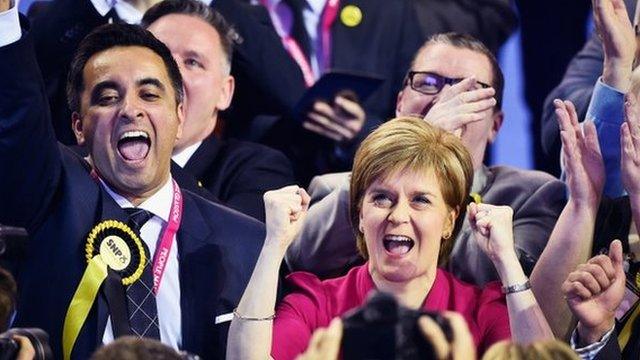
- Published8 May 2015

- Published8 May 2015
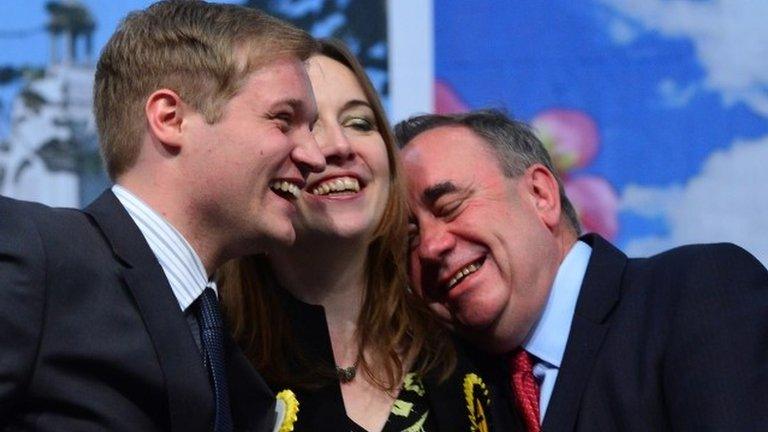
- Published8 May 2015
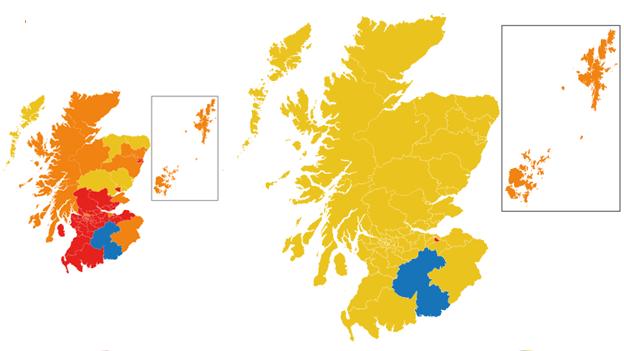
- Published8 May 2015
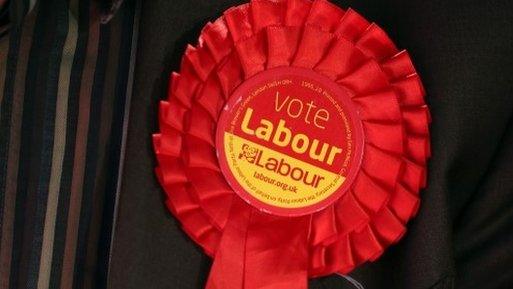
- Published8 May 2015
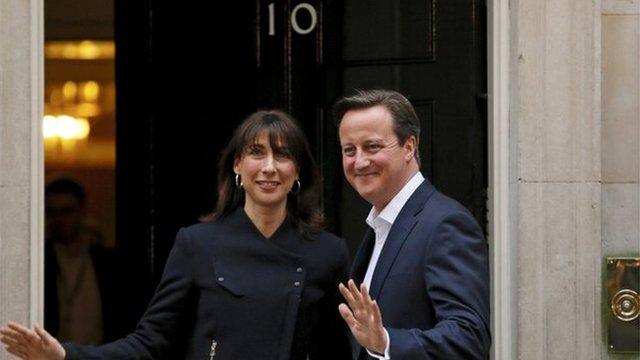
- Published8 May 2015
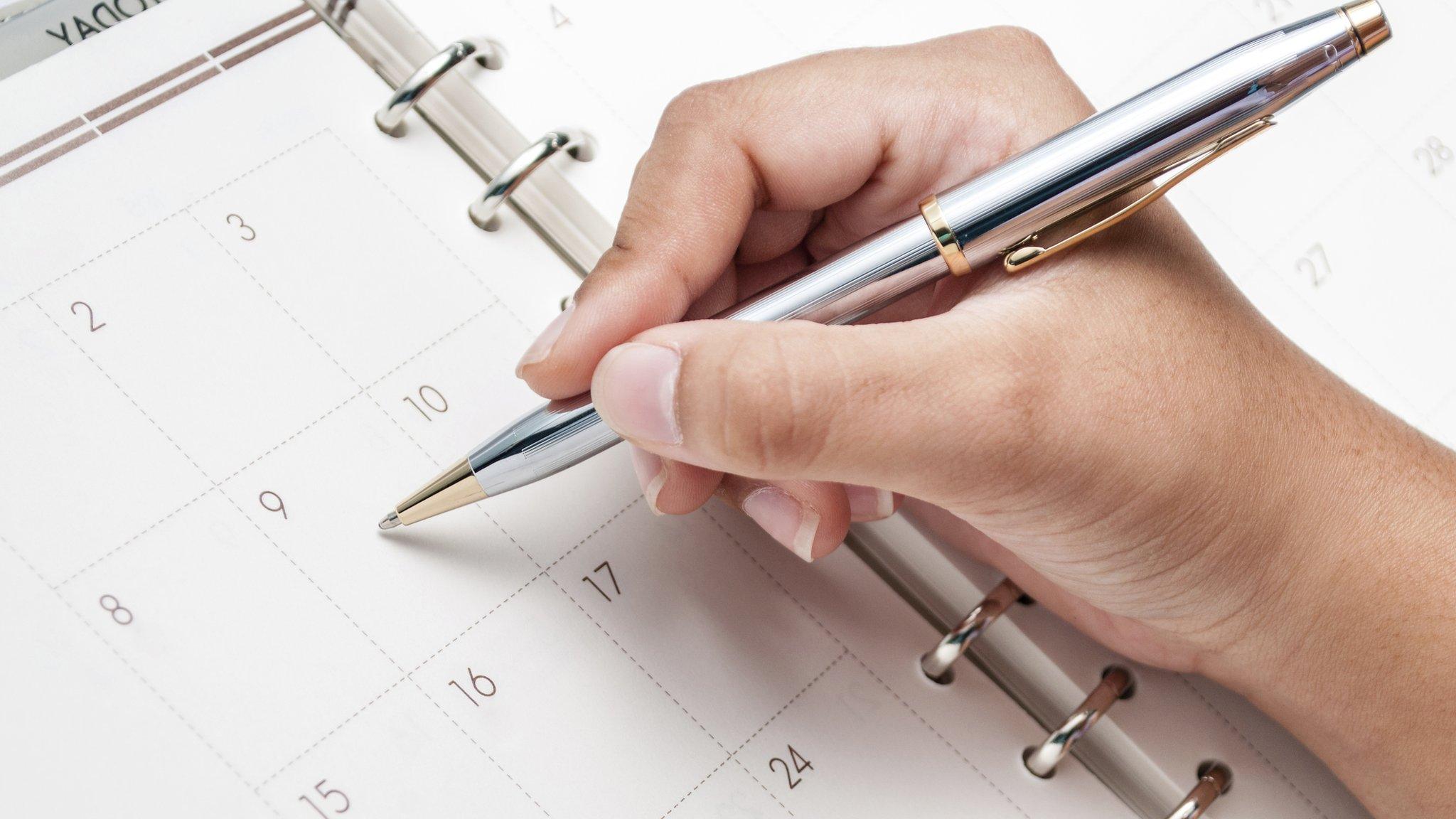
- Published8 May 2015
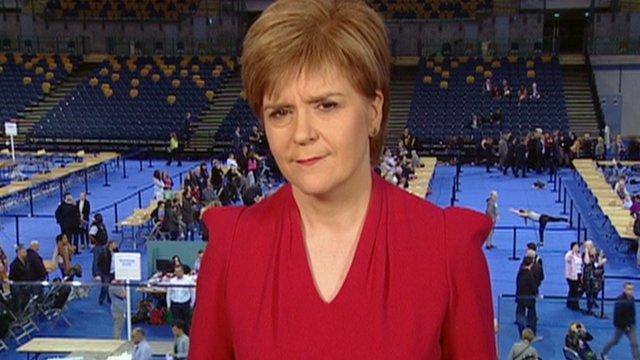
- Published8 May 2015